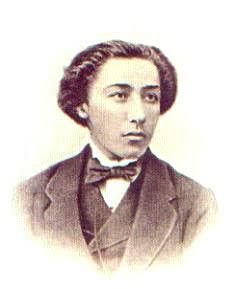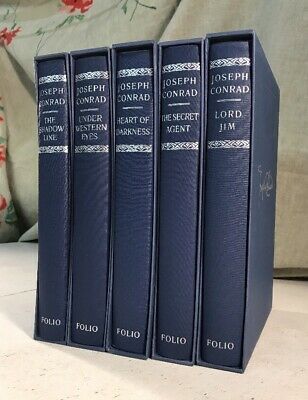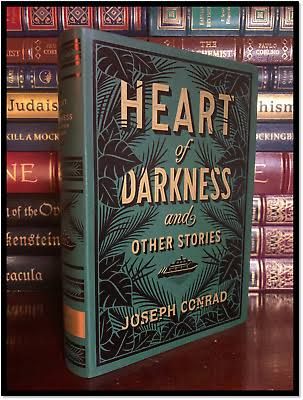Joseph Conrad
Jun 28, 2019 • 33 views
Joseph Conrad was a Polish-born English novelist as well as one of the greatest modern writers of England. Joseph Conrad's full name was Józef Teodor Konrad Nalecz Korzeniowski and he was born on December 3, 1857, in Berdyczew, Poland. His father Joseph Theodore was a writer as well as a translator of the works of William Shakespeare. In 1868 Conrad attended high school and in that year he and his father moved to Cracow, where his father died. The time spent with his father influenced him and made him a lover of literature, especially of the tales of the sea. After his father's death, his uncle, Thaddus Bobrowski raised Conrad.

As a teenager he began dreaming of going to the sea. In 1873, in western Europe, Conrad saw the sea for the first time. In 1874 Conrad went to Marseilles, France, where he joined the French marine service and for the next twenty years Conrad led a successful career out there. Around this time Conrad fell in love with a girl who was also a supporter of Carlos. In 1878, for the first time, Conrad went to England. He worked as a seaman on English ships, and began his career as an officer in the British merchant service. His voyages took him to various exotic places such as Australia, India, Singapore, Java, and Borneo, which provided him background for much of his fiction. In 1890 he wrote his famous short novel 'The Heart of Darkness' which follows closely the real events of Conrad’s Congo journey, tells of the narrator’s fascination by a mysterious white man, Kurtz, who, by his hypnotic personality, dominates the brutal tribesmen around him. Conrad began to think about writing fiction based on his experiences in the East from 1890.
Conrad's multi-linguistic capacity and his coming late to the English language created a most distinctive and striking feature in his writing style. He has a winding, indirect, and sometimes ambiguous narrative structure. Punctuations are positioned awkwardly, and the readers first will find his prose hard-going but after a short while it starts to become clear.

This shifting narrative style has marked Conrad as a Modernist author. Conrad was interested in setting up fictional scenarios where obvious set of values, or accepted belief systems, are thrown into question. Conrad wanted his readers to acknowledge the limitations of their knowledge, and the historical and geographical specificity of their values and behavioural habits and in doing so, he exposes their relativity and, most importantly, their fragility.
He married Jessie George, an Englishwoman in 1896. John Galsworthy was the first English and American writer who befriended Conrad. Others were Henry James, Arnold Bennett, Rudyard Kipling, Stephen Crane, and Ford Madox. From 1896 Conrad wrote novels about places he visited as a merchant marine and he explored themes such as the uncertainties of human sympathy. His early novels included An Outcast of the Islands, The Nigger of the Narcissus , The Heart of Darkness, and Lord Jim.

The three novels that reflected Conrad's political side were 'The theme of Nostromo' which portrayed the relationship between man's deepest needs and his public actions and decisions. 'The Secret Agent' was similar to Charles Dickens's works. It is about a city of mean streets and shabby lives. In the novel 'In Under Western Eyes' Conrad examined the Russian temperament. His next novel, 'Chance' was about solitude and sympathy. 'Victory' , his last important novel, also examined the theme of solitude and sympathy. Conrad's last novels, 'The Shadow Line' and 'The Rover' , were written as a farewell.
Conrad died of a heart attack on August 3, 1924, and was buried at Canterbury, England.
Sleep after toyle, port after stormie seas,/ Ease after warre, death after life, does greatly please.
His gravestone bears these lines from Edmund Spenser.
